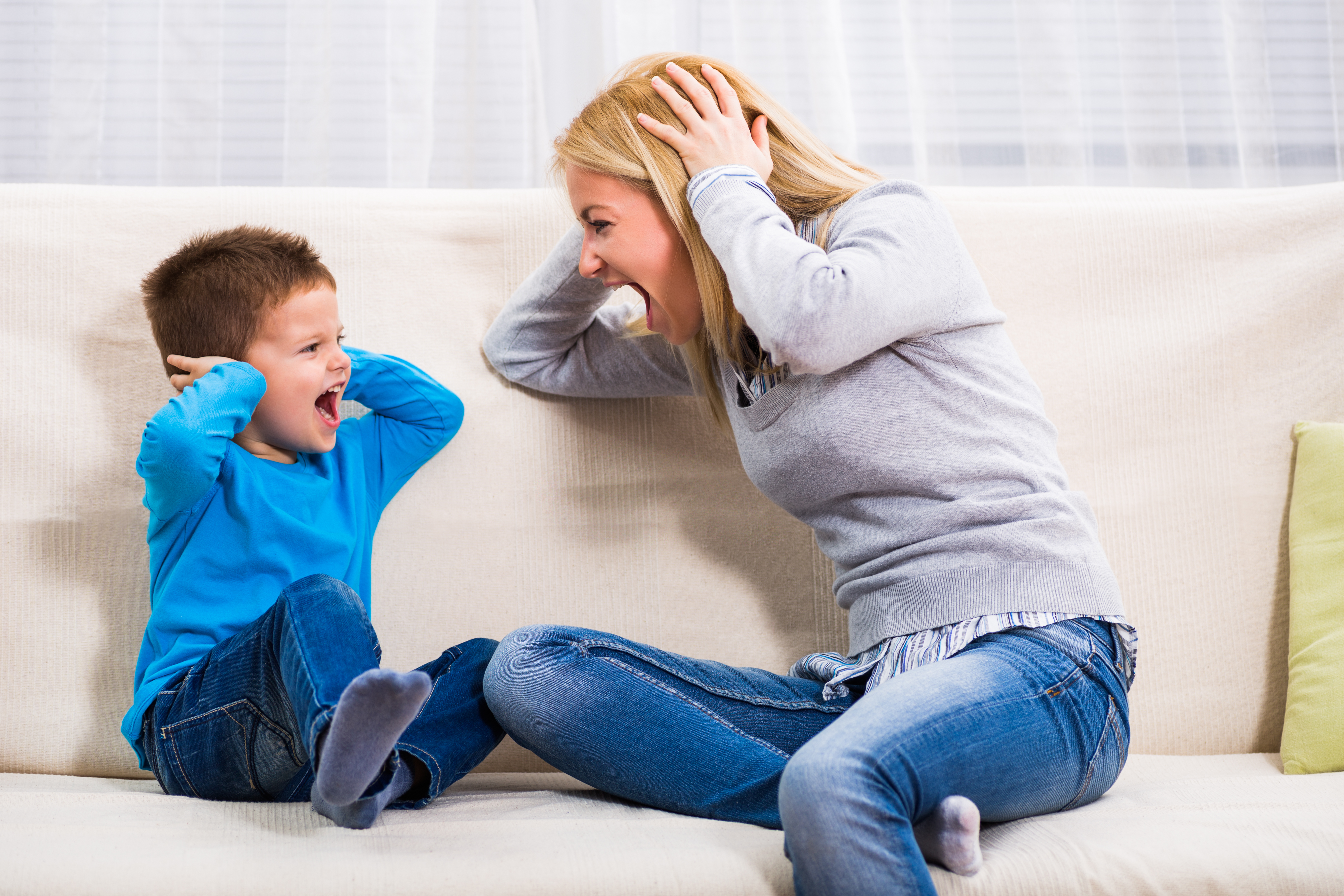
Consequences are complicated. Too harsh and all your kid learns is that Mom is mean—if Mom can even really follow through on that harsh consequence. (And then your kid learns that Mom doesn’t mean what she says.) Too permissive and kids learn they can do whatever they want. And “just right” is a lot of effort to think about!
What is a logical, natural consequence and how do you give it? Here are six tips for giving consequences that work:
1. If you can, before giving a consequence, explain why the behavior is not okay.
“No throwing balls at people. Balls can hurt people.” Or, “You may not take toys away from your sister. She was playing with it. You would not want her to steal your trains. Please give it back.”
2. Give your child a warning and time to process that warning before providing the consequence, if possible.
“If you throw the ball inside the house again, I will have to take it away from you.” Sometimes you simply can’t give a warning, like if your child is about to run into the street and you need to enact the consequence (your child must hold your hand while crossing the street) immediately.
3. The consequence needs to be a logical, natural consequence.
Here are some examples:
“If you throw balls inside the house or at people, I will take the ball away from you.”
“If you steal your sister’s toy, I will have to give it back to your sister.”
“If you throw your dinner on the floor, then dinner is over.”
4. The consequence should be fair—it should not be too harsh.
If your child steals her younger sister’s toy and you say, “Give it back or you will not be able to go to the party this afternoon,” that’s a pretty severe consequence. Usually parents threaten severe consequences thinking that’ll be the end of it. But if it doesn’t work, it will be really hard for you to actually not let your child go to the party. And following through on consequences is really important.
5. For younger children, the consequence needs to happen pretty much immediately.
Kids are still learning cause and effect. So if they throw a tantrum and you say, “No dessert after dinner tonight,” by the time dessert comes around, they won’t be able to remember why they don’t get dessert. It will just seem unfair and the consequence will not be connected to the misbehavior, so no lesson will be learned.
6. Follow through when you give a consequence.
If you give in and let your child keep her sister’s toy or continue to throw the ball in the house, you teach her that you do not mean what you say, and she can just keep on doing whatever she wants to do.
As always with parenting, we want to remain calm while giving consequences. Of course, this is easier said than done. The more we can maintain our cool, the more we show our kids to maintain theirs in tough situations. It also helps us maintain the relationship with our child. When we are angry, it’s hard to problem solve and empathize with our kids, and it can make it easy to think of our kids as “naughty.”
We really want to stay away from labeling our kid as naughty and just focus on the behavior as inappropriate, not the child. Whenever we discipline kids, it’s important for them to know that there is no connection between our love for them and the consequence for this specific behavior. Our love for our kids is unconditional. So as soon as the consequence is over, happily move on with your child.
Katherine Firestone is the founder of Fireborn Institute, which give parents ideas on how to help because success at school is enhanced at home. She also hosts of The Happy Student, a podcast for parents on promoting happy academic and social lives.

